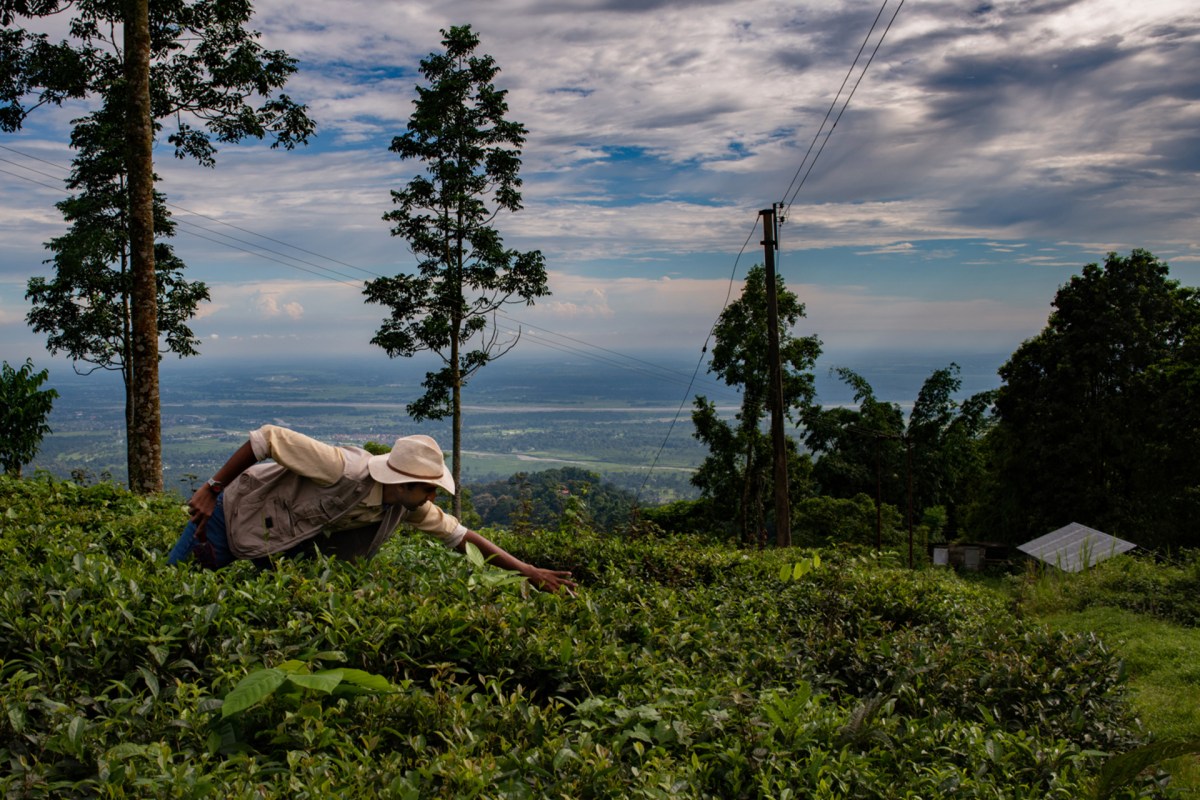
Alt Carbon, a climate-technology startup born from the challenges of a family-run tea estate in Darjeeling, India, has announced the successful closure of a $12 million seed funding round. The funds will be used to scale its innovative platform that transforms agricultural byproducts such as tea waste into high-efficiency biochar, contributing to both carbon capture and sustainable farming practices.
Founded by entrepreneur Sparsh Agarwal, Alt Carbon emerged from efforts to revitalize his family’s struggling tea business. Facing mounting environmental and economic pressures, Agarwal explored how turning waste tea leaves and other biomass into biochar—a form of charcoal that sequesters carbon and improves soil fertility—could offer a dual-benefit model. The technology not only reduces greenhouse gas emissions but also enhances soil health and crop yields.
The $12 million round was led by notable climate-focused venture capital firms, though specific investors have not yet been publicly disclosed. The capital infusion will allow Alt Carbon to scale its production capabilities, build out its research and development infrastructure, and expand its commercial presence across India and into other agricultural markets in Asia and Africa.
According to company representatives, Alt Carbon’s core mission is to create climate-positive economic opportunity in regions vulnerable to climate change and agricultural degradation. By converting agricultural residues into value-added products, the company aims to offer farmers an effective means to increase income while helping offset global carbon emissions.
With rising global interest in carbon-capture technologies and regenerative agriculture, Alt Carbon’s platform stands out by integrating traditional farming systems with modern sustainability science. Its approach not only addresses carbon removal but also provides immediate local benefits, such as soil enrichment and reduced reliance on chemical fertilizers.
Alt Carbon plans to use the new funding to deploy mobile pyrolysis units capable of processing agricultural waste locally, thereby minimizing transportation costs and increasing accessibility for smallholder farmers. These units will be key in enabling rapid, decentralized adoption of biochar production.
Looking ahead, Alt Carbon aims to establish itself as a leader in biochar production and carbon offset markets. The company also plans to engage in partnerships with international climate organizations and carbon credit platforms to monetize its emissions reductions.
The success of Alt Carbon underscores the growing role that grassroots innovation and enterprise can play in addressing global climate challenges—bringing together environmental restoration and community-based economic development.
Source: https:// – Courtesy of the original publisher.








